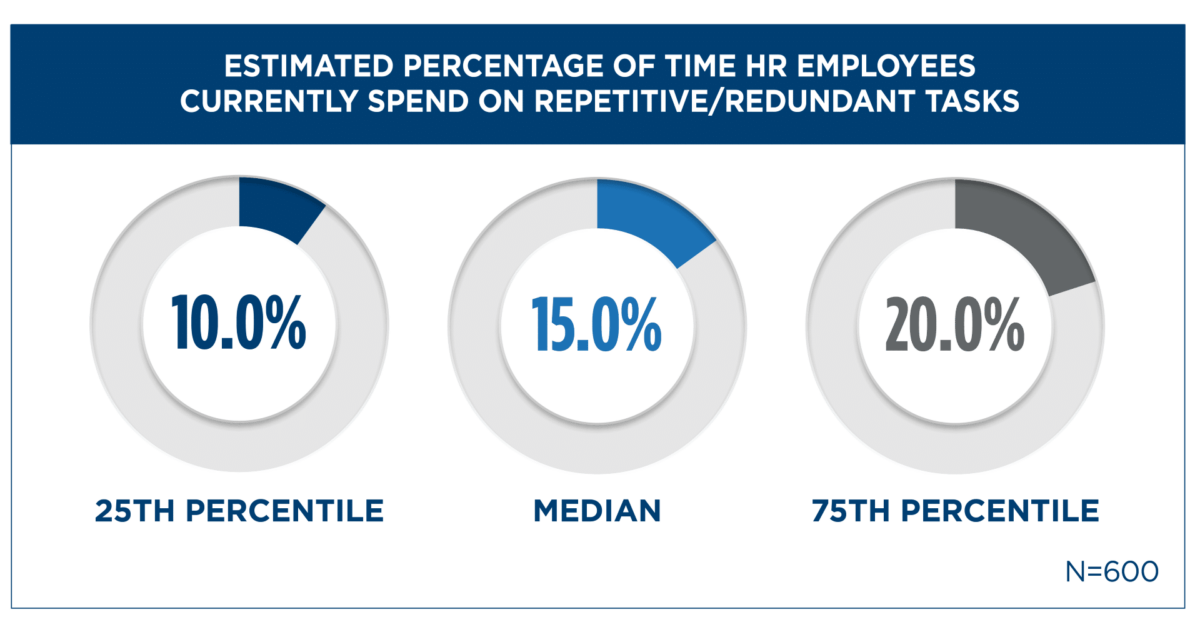Managers are employing the tactics of window seating, ultimatums, performance improvement plans … [+]
When you think of bosses pushing people to the brink of quitting their jobs, you imagine the flagrant, overbearing, yelling and toxic type of manager who chastises you in front of your peers.
However, there are other approaches bosses are taking to get workers out the door that are much more insidious and passive-aggressive. Managers are employing the tactics of window seating, ultimatums, performance improvement plans (PIPs) and stack rankings to quietly fire workers.
Window Gazing
The Japanese expression “window seat tribe” refers to employees who are purposely isolated in the workplace from the team by their superiors and withheld from work assignments. The ostracized person has little to do except sit and look forlornly out the window, uncertain of their fate at the company.
This managerial tactic is similar to “quiet firing.” The term refers to a subtle form of termination. This happens when a supervisor does not like a worker. The boss will refuse to acknowledge or show appreciation for the employee’s efforts, hard work and productivity.
The acts of giving the cold shoulder, neglecting to invite them to important meetings, not including them on internal email chains and taking work off of their plate create an awkward and uncomfortable position for the worker.
The mercurial manager plans to push the person to their breaking point, hoping they’ll get the message and quit on their own accord. It’s logical that if a person is isolated from their peers, ignored by the boss and not offered any assignments, it will only be a matter of time until they crack from the mistreatment and stress of not knowing why this is happening.
It’s hard for the person to complain to senior leadership or human resources since there is no tangible evidence of workplace mistreatment, like the boss yelling or name-calling. That is why this tactic of window seating is treacherous and frightening. It’s gaslighting and psychological abuse to the extreme.
How To Deal With This Situation
If you feel that you are window gazing, stand up for yourself before it’s too late. Left unattended, this technique can cause harm to a person’s mental health and emotional well-being. The affected worker will feel worthless. They’ll likely have difficulty finding a new job, as their self-confidence has eroded. To add insult to injury, they can likely count out their former employer for a recommendation.
Be brave by first speaking to your oppressor. If that doesn’t work, which is very likely, go to human resources or someone more senior than your manager. If nothing works, it’s time to start searching for a new job.
Make sure to take care of yourself. Remember that you are not alone. Sadly, many people have been through this experience. If it gets out of control, seek help from a professional therapist or psychologist.
Other Quiet-Firing Methods
After Elon Musk’s $44 billion acquisition of X, formerly known as Twitter, he reportedly gave the employees of the social media platform an ultimatum: commit to the new “hardcore” work standard or leave with a severance package. Musk expected his staff to put in long hours and work intensely, as he desired only those who exhibited exceptional production.
Ultimatums are a passive-aggressive tactic managers use to get employees to self-select out of the company without having to terminate them.
Other stealth methods bosses use that signal you are being quietly fired are PIPs and stack rankings. PIPs are promoted as a tool to identify deficiencies and offer ways for struggling employees to improve. There will be specific objectives and goals set for the person to meet. The underlying threat is that you won’t be with the firm for long if you don’t meet or exceed expectations.
Similarly, stack ranking is the process of ranking an employee by evaluating their performance relative to their peers rather than on how they produce relative to their job description. Managers rate the staff as top, average or low performers. This rating leads to a bell curve: the top 20% are called top performers, the middle 70% average performers and the bottom 10% low performers.
The constant stress and anxiety of constantly being watched over pushes many people to hunt for new jobs.
An employer controls a person’s compensation, work assignments and future within the organization. They have the ultimate ability to demote or fire someone. A good boss recognizes this dynamic and works hard to be fair, generous, motivating and a champion for their team to help them learn, grow and advance. Bad bosses take advantage of the power they wield.
Credit: Source link











